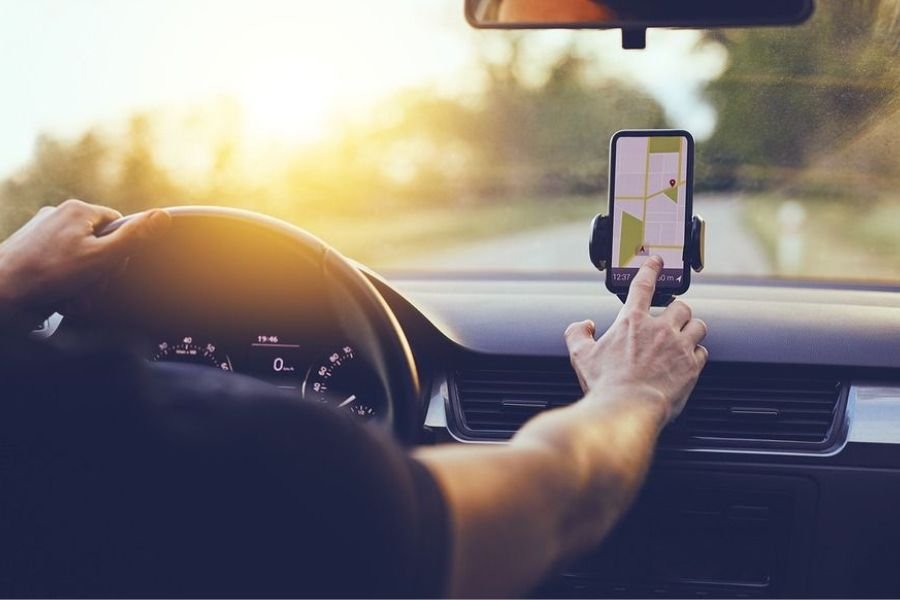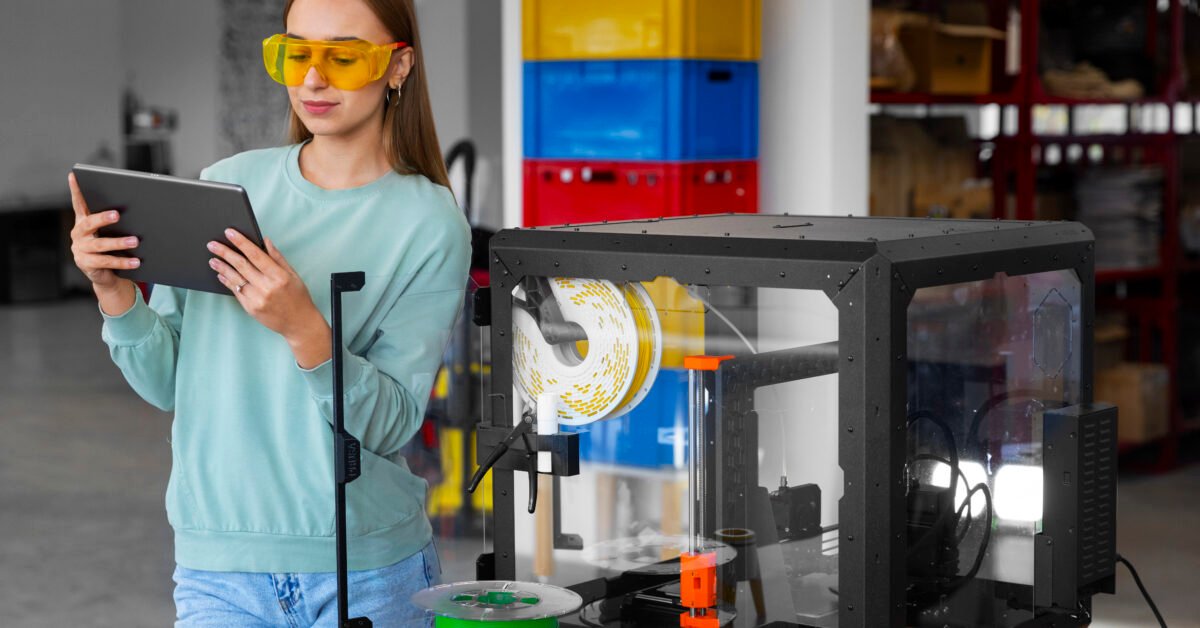What Role Does GPS Tracking Play in Modern Car Safety?

Introduction
In a time marked by fast developments in automotive technology, both manufacturers’ and drivers’ main concern is safety. Global positioning system aka GPS tracking is one of the most revolutionary ideas helping to create contemporary vehicle safety. Originally intended for navigation, GPS technology has developed into a multifarious tool with great importance for vehicle security, emergency response, and safe driving behaviours. Emphasising its importance in the current automotive scene, this article investigates the several ways in which GPS tracking supports modern car safety.
Theft Prevention and Vehicle Recovery
The capacity of GPS tracking to prevent theft and enable vehicle recovery makes one of its most important contributions to car safety. Theft is a major issue globally, thus conventional security devices like alarms and immobilisers are not always enough to discourage committed offenders. Real-time location data from GPS tracking systems enables law enforcement and vehicle owners to precisely monitor a stolen vehicle.
Many contemporary GPS systems also include geofencing technology, which notifies the owner if the vehicle is driven outside a designated area. This early warning lowers the possibility of damage or loss and raises the possibility of fast recovery of the car. Some advanced systems, like ghost car tracking, can remotely disable the vehicle once it has been claimed stolen, rendering it useless and facilitating government retrieval of it. This feature not only guards the owner’s investment but also discourages possible burglars.
Enhanced Emergency Response
When an accident or breakdown strikes, time is usually a major determinant of the occupants’ safety and well-being of the vehicle. By giving emergency services exact location data, GPS tracking systems greatly help to improve emergency response. Many contemporary cars have GPS tracking integrated into their automatic crash detection systems. The system can automatically forward to emergency responders the location and pertinent information of the vehicle as well as the degree of impact upon a collision.
First responders’ quick arrival at the scene made possible by this fast communication helps to possibly save lives and reduce injuries. GPS tracking can also help drivers in far-off or foreign locations where precise location description could prove difficult. Under such circumstances, just providing the GPS coordinates will hasten the arrival of assistance.
Monitoring and Promoting Safe Driving Behavior
GPS tracking’s capacity to monitor and encourage safe driving behaviour adds another important function in vehicle safety. Parents of young drivers and fleet managers especially find this function very useful. GPS data allows fleet managers to track employee driving behaviour, guaranteeing that they follow traffic rules and use safe driving techniques. Fleet managers can spot dangerous behaviours and offer focused training or corrective action by tracking indicators including speed, braking patterns, and acceleration.
This not only increases the drivers’ safety but also lessens the possibility of mishaps, saving insurance costs and vehicle maintenance expenses. GPS tracking allows parents of teenage drivers to monitor their child’s driving behaviour, providing peace of mind. Many systems provide alarms for driving outside approved areas, rapid acceleration, or forceful braking. These systems help young drivers to adopt safer driving behaviours by means of real-time feedback, lowering their risk of accidents.
Navigation and Avoidance of Dangerous Conditions
Although navigation is the most well-known use of GPS tracking, it also significantly aids in drivers avoiding hazardous conditions. Real-time traffic data, weather updates, and hazard warnings included in modern GPS systems allow drivers to decide on their path with knowledge. For instance, if a GPS system detects heavy traffic, construction, or hazardous weather conditions, it can indicate other safer and more effective paths.
This dynamic routing lowers the risk of accidents by helping drivers avoid hazardous conditions including flood-prone areas or frozen roads. GPS systems can also warn about areas with high accident frequency, steep hills, or sharp turns. GPS tracking improves situational awareness and encourages safer driving by warning drivers to these hazards ahead.
Parental Control and Teen Driver Safety
Ensuring the safety of teenage drivers worries parents greatly. By means of real-time location data and driving behaviour reports, GPS tracking systems present a solution. Geofences allow parents to specify safe driving zones and get alarms if the car leaves these areas. Many GPS tracking systems also incorporate sensors for tracking acceleration, harsh braking, and driving speed. Reviewing this information will enable parents to guide their teenagers towards responsible driving behaviour and have informed talks about safe driving techniques.
Insurance Benefits and Risk Assessment
GPS tracking’s safety advantages have been acknowledged by insurance companies, who also progressively provide discounts to drivers that use these systems. GPS tracking helps insurance companies more precisely evaluate risk by tracking driving behaviour and offering statistics on elements including speed, mileage, and braking patterns. GPS tracking is a reasonable safety investment since drivers who show good driving behaviour using GPS data could be eligible for reduced rates.
On the other hand, drivers who show dangerous behaviour might get comments and rewards to help them to drive better, improving the general road safety. GPS-based telematics systems give fleet operators a whole picture of driver performance, which helps them to run safety initiatives and lower liability. By encouraging a safety culture, this data-driven approach to risk management helps the business and its drivers alike.
Environmental and Fuel Efficiency Benefits
While not directly related to safety, GPS tracking’s environmental advantages help to drive safer indirectly. GPS systems help drivers cut their carbon footprint and fuel consumption by streamlining paths and lowering pointless idling or detours. Along with saving petrol, effective driving lessons vehicle wear and tear, so lowering the risk of mechanical breakdowns that might cause accidents. Helping to create safer driving behaviours and a more under control driving experience are environmentally friendly driving techniques including smooth acceleration and braking.
Conclusion
With so many advantages beyond navigation, GPS tracking has evolved into a necessary tool in contemporary car safety. GPS technology is absolutely vital in safeguarding drivers, passengers, and vehicles from theft prevention and quick emergency response to safe driving behaviour and route optimisation. GPS tracking systems will always be a pillar of vehicle safety as automotive technology develops since they give drivers the means to confidently and securely negotiate the roadways.




